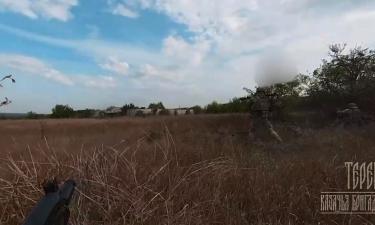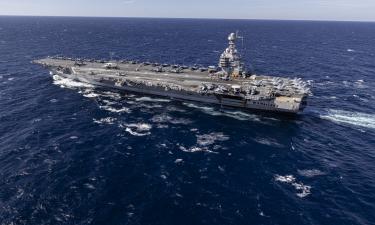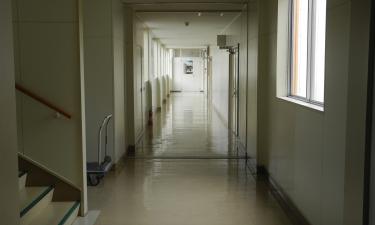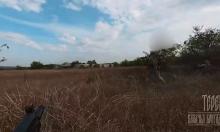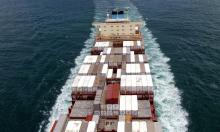ANGOLA : UNITA INCREASES ATTACKS
After 25 years of warfare, Angola's ruling party MPLA and the FAA (Angolan Armed Forces) continue to experience difficulty in controlling the eternal opposition faction, UNITA, which controls the deep hinterland of this country, rich in mineral resources. With both factions claiming to have 100,000 men under arms, the war waged in Angola is a typical African war. Rather than united fronts, warring factions take on the form of roaming bands of marauders, extremely mobile and lightly armed, using the terrain to appear, attack and disappear before the other side has time to respond. Such attacks cause a total breakdown in a structured, centralised society, create a flux of rural populations to the countryside and put pressure on central governments to take measures which so often stretch national budgets, creating an even worse downward spiral of events. The capital of Angola, Luanda, has the capacity to house 1 million people but the resident population today is said to be nearly 5 million, with the inherent catastrophic sanitary problems. UNITA has recently increased its military activity in Angola, passing from attacks at night or at dawn to daylight operations. Recently, one of these operations caused 35 dead in Cajiza, while another in Huila killed 10 and caused 22 disappearances and three people, including a Portuguese citizen, were killed in Endiama. These attacks around Lunda, in the north-east of the country, show that the government forces have arrived in the heartland of UNITA's main source of income : diamonds. With the news that many foreign countries have workers in the area, the alert is put out that this part of Africa is one of the most dangerous in this troubled continent, our correspondent Timothy Bancroft-Hinchey reports from Lisbon.
Subscribe to Pravda.Ru Telegram channel, Facebook, RSS!
